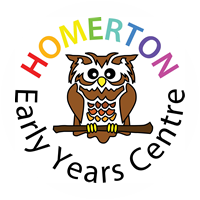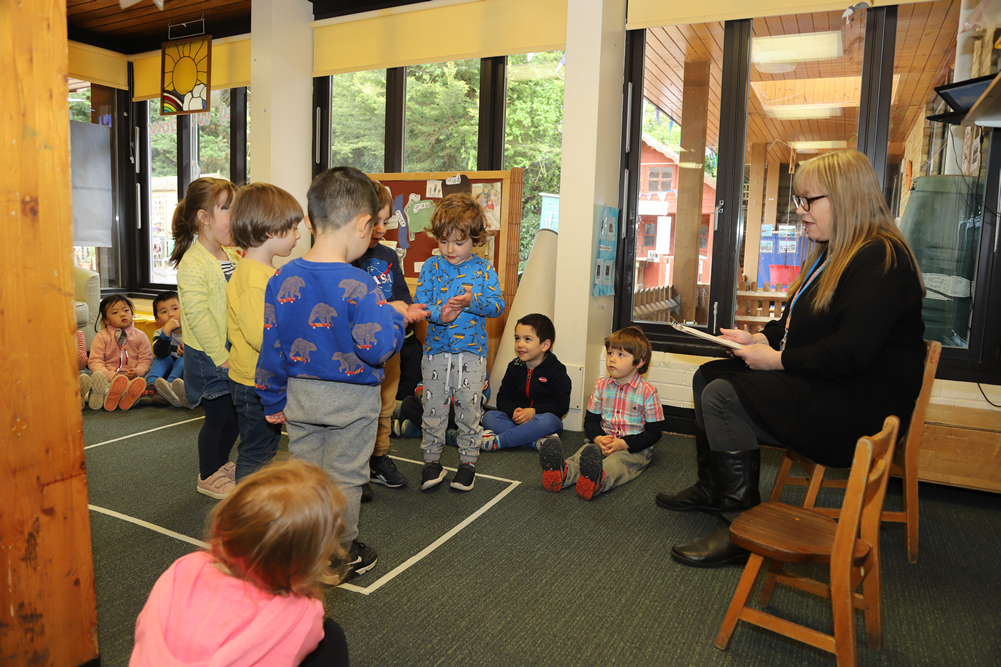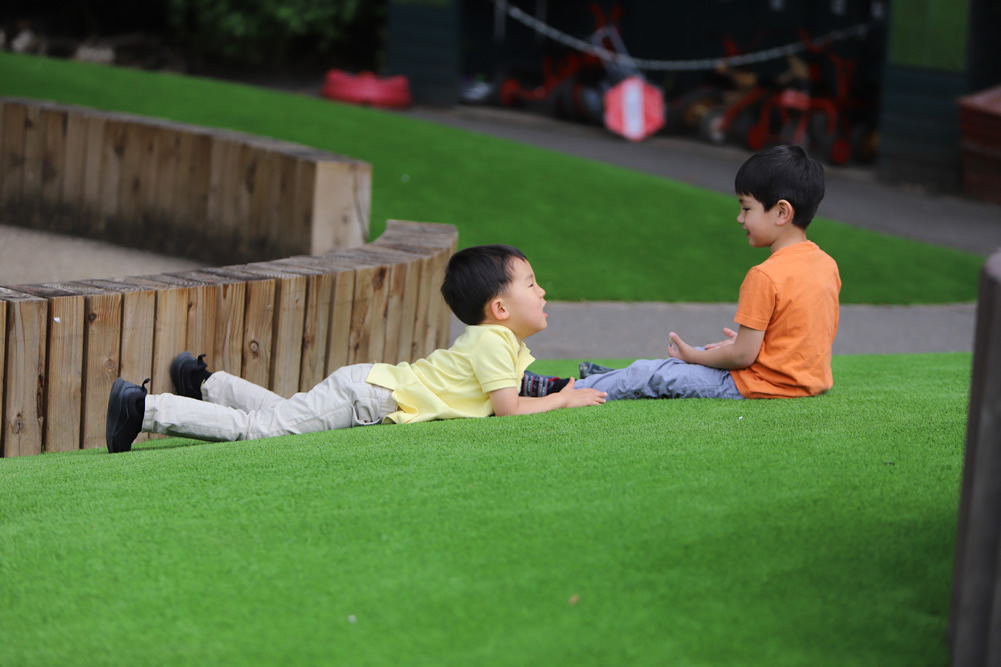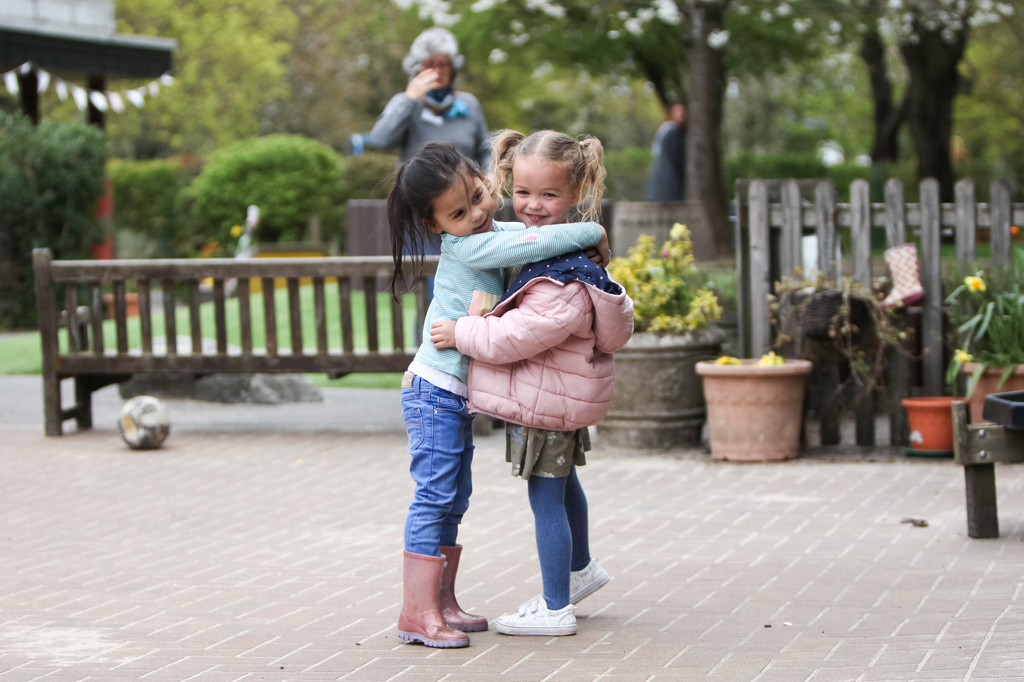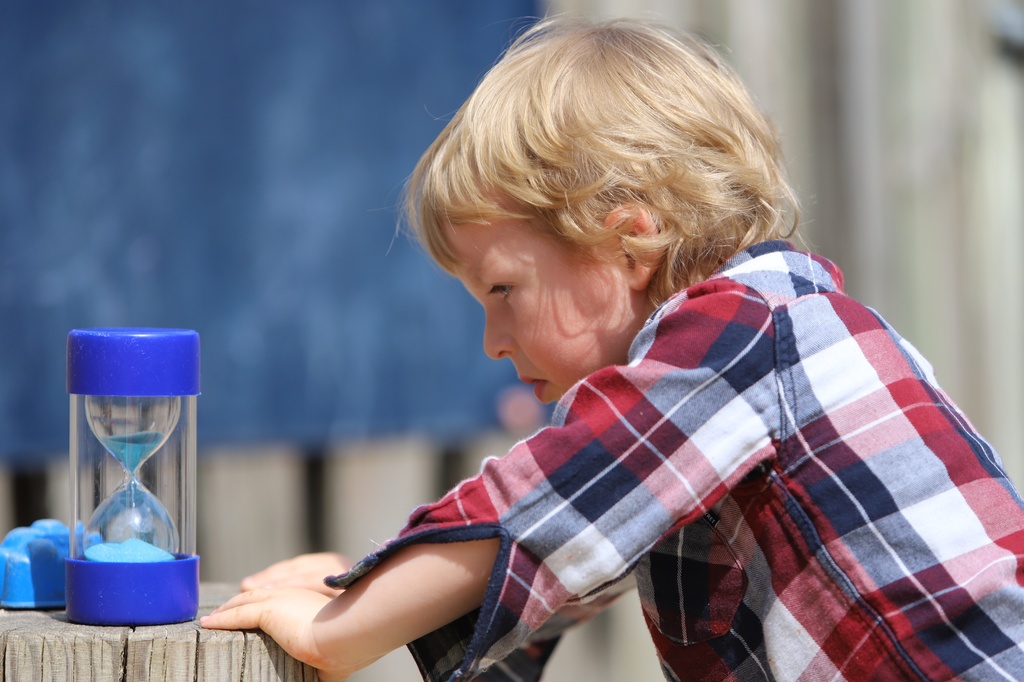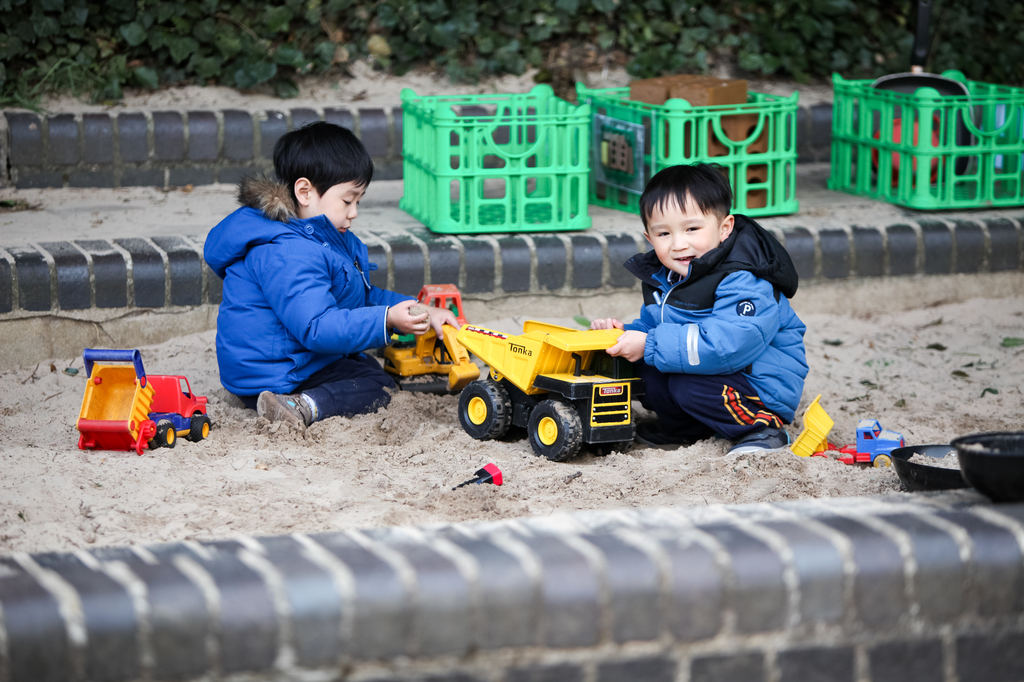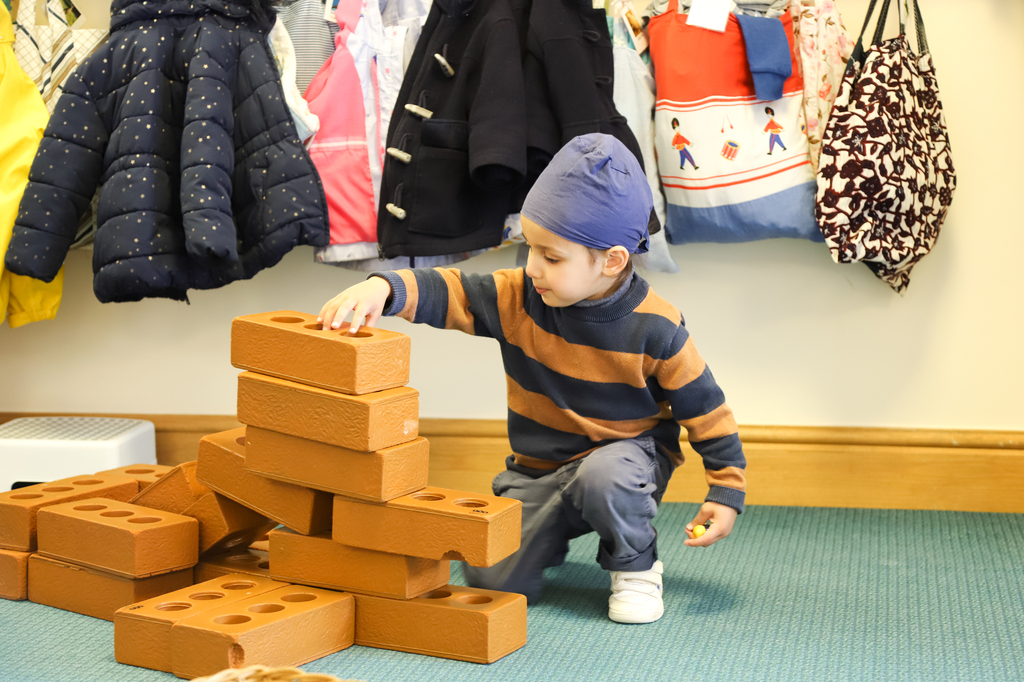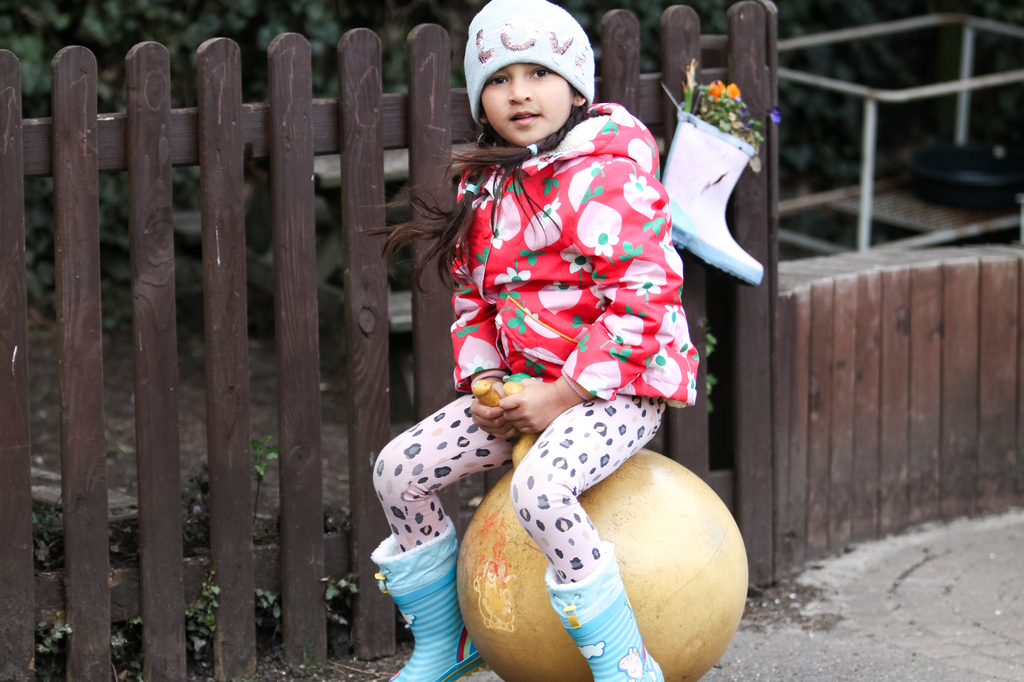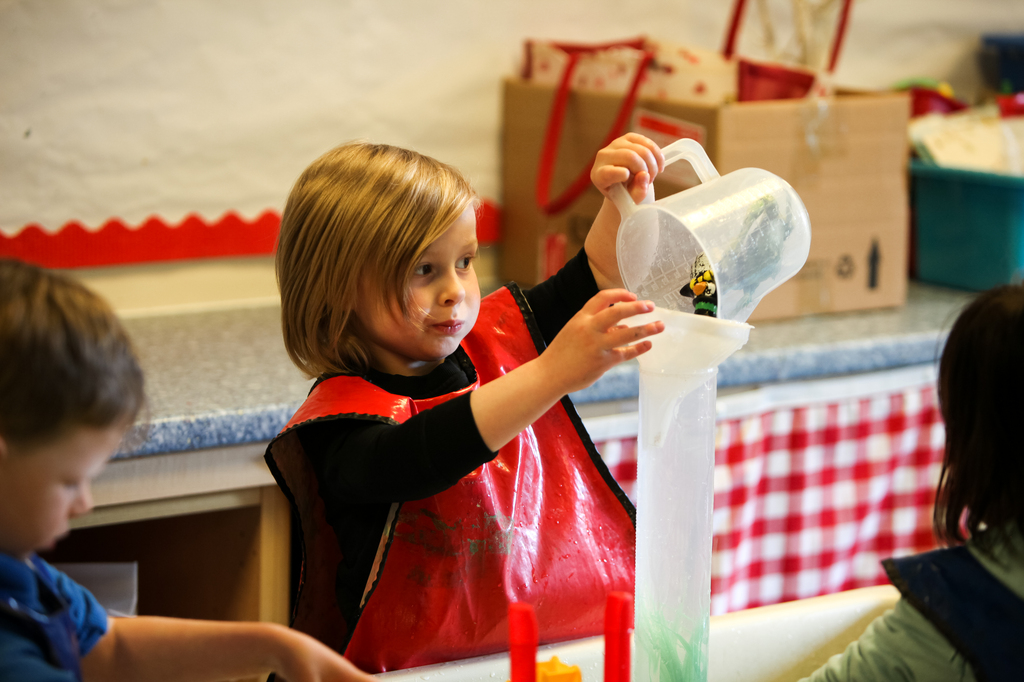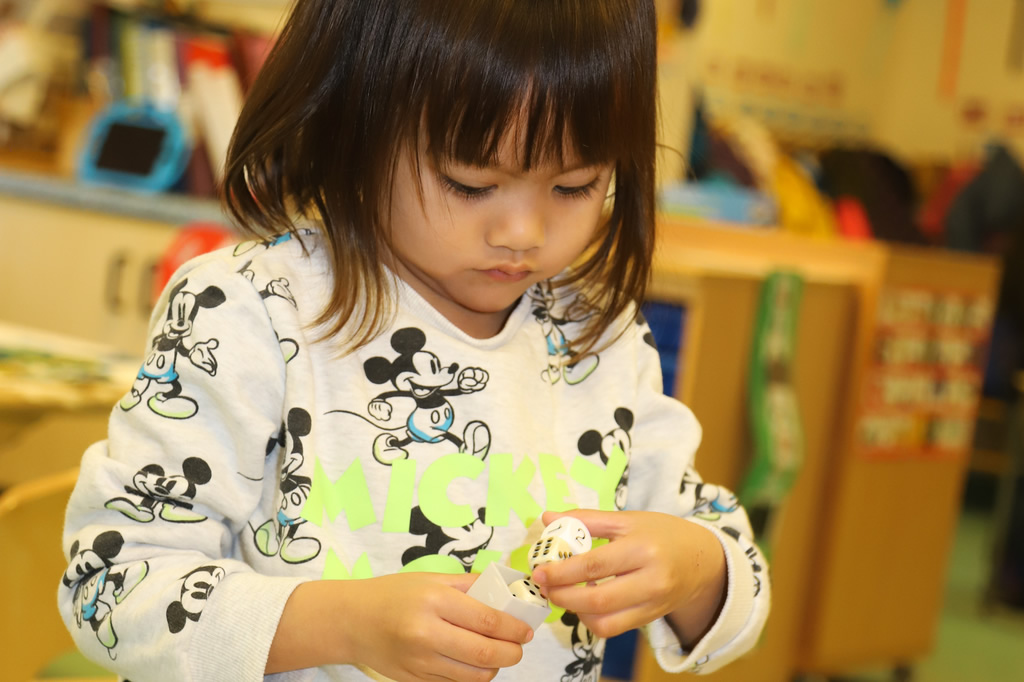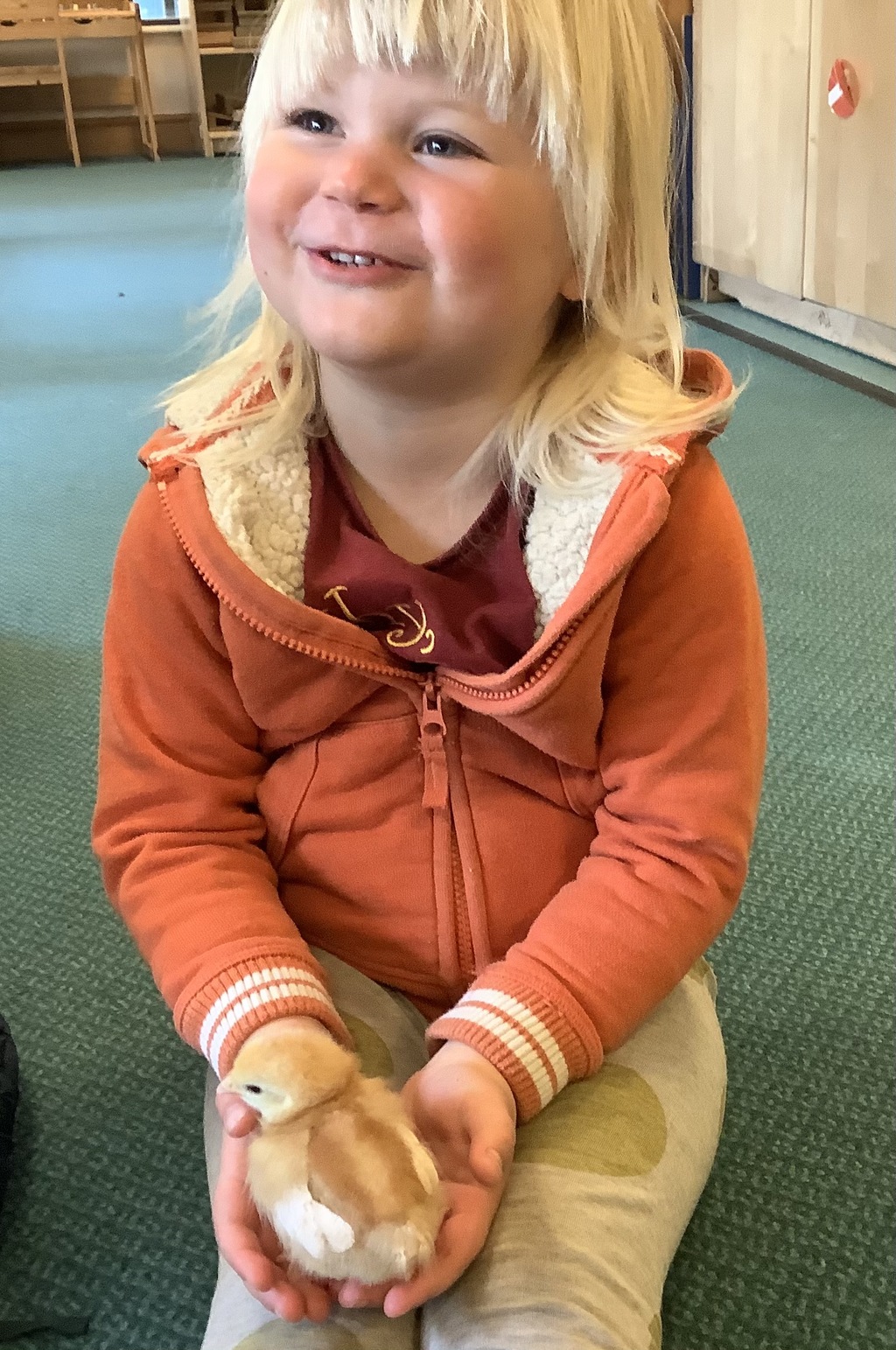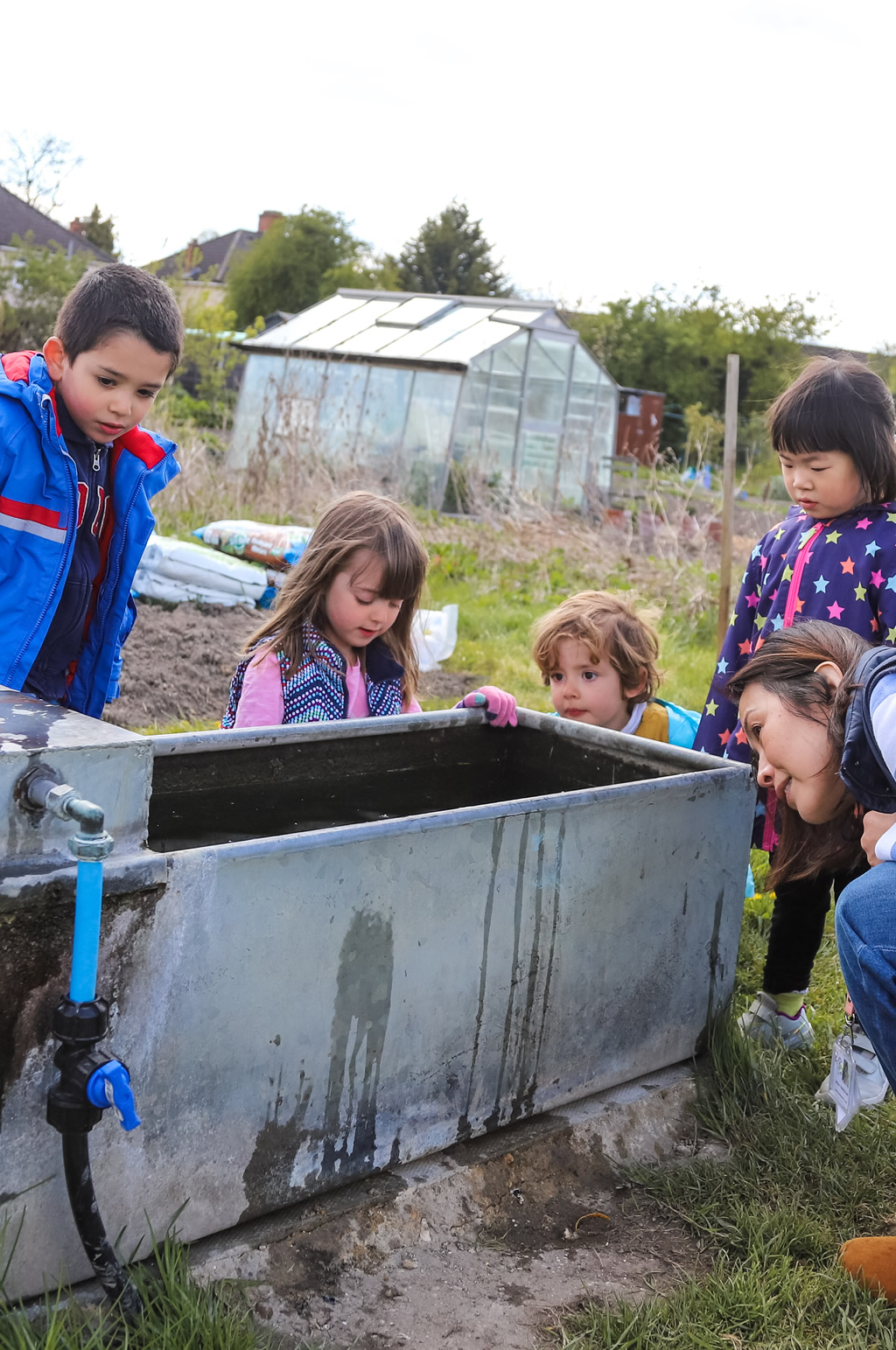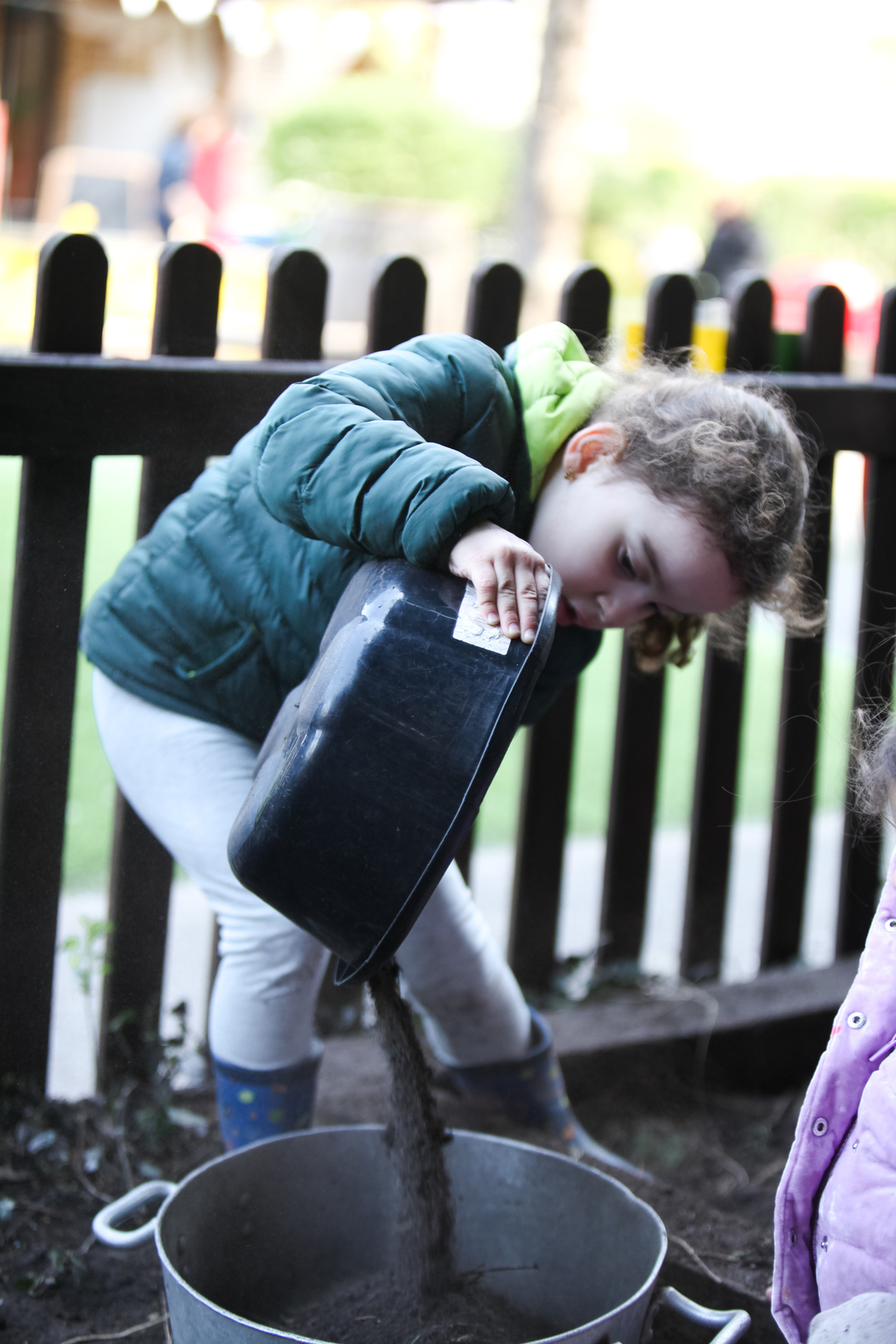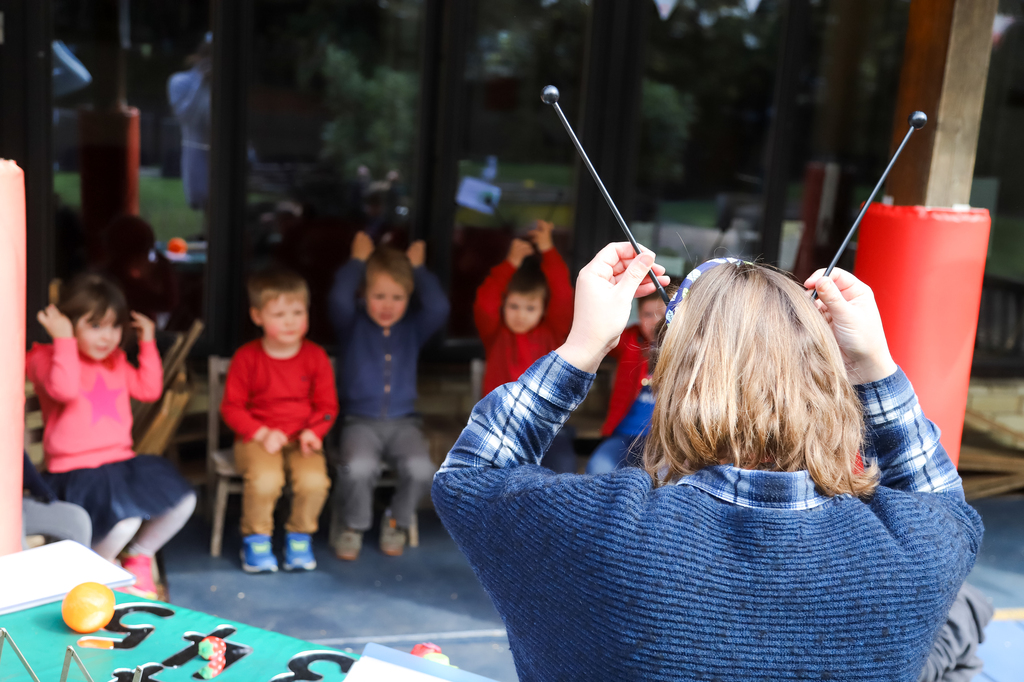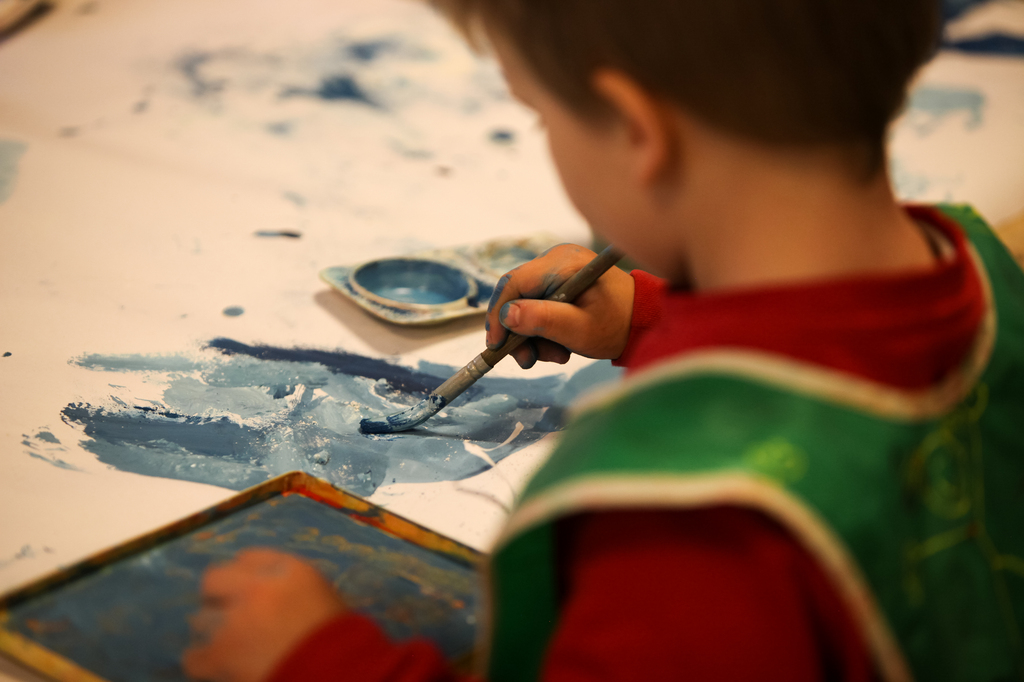Our Curriculum
We follow the statutory Early Years Foundation Stage curriculum as our key document for children’s learning whilst at Homerton. This covers seven areas of learning which are Communication & Language, Personal, Social & Emotional Development, Physical Development, Literacy, Mathematics, Understanding the World and Expressive Arts & Design.
Communication and Language
It is crucial that children learn both to express themselves and listen to others in order to be able to get on with each other. The adults at Homerton spend a lot of the day engaging in conversation with children, extending and developing both their ideas and vocabulary and just enjoying a chat together. We also love sharing daily stories and enjoying rhymes and poems.
Personal Social and Emotional Development
This is a really crucial area for children as it focuses on understanding their own feelings and the feelings of others, as well as developing friendships, having fun and starting to become confident and happy in themselves. Adults spend a lot of time supporting and encouraging children to solve problems and learn to work and play happily together as a class group. These are all really valuable skills for life.
Physical Development
Physical Development focuses on keeping our bodies healthy so that we can lead happy and active lives both now and into the future. At Homerton we focus on Gross motor skills for example enjoying running, jumping, learning to play lots of games as well as a big favourite digging down to the bottom of our large sandpits! Fine motor activities include building with duplo or lego, painting and drawing, sewing and enjoying puzzles.
Maths
We teach maths through lots of everyday counting activities including laying the table for lunches with the correct number of cups or plates, counting the number of children in the class that day, or recognising patterns and shapes in our everyday environment. Our aim is that all children will become confident enthusiastic mathematicians for life.
Literacy
At Homerton children develop a real love of story and story-telling. This is done through adults sharing stories daily in our cosy sofa areas as well as at Circle times. We get to know some particular core stories really well and often enjoy acting these out – Goldilocks and the Three Bears is a real favourite. Alongside reading, writing also starts to develop. Children use their name cards as they learn to recognise their own names, realising that letters have meaning, and that they can copy these letters when writing their own names and other words. Click here to watch and listen to Jacqui – one of the teachers at Homerton – re-telling the story of Owl Babies by Martin Waddell, which children in the nursery were exploring during the first half of this term. During the second half of the Autumn term we are focusing on the story Whatever Next! By Jill Murphy. Click here to see Mitali & Jacqui reading and retelling Whatever Next! In the first half of the Spring term we have had a lot of fun enjoying a number of traditional tales – click here for a re-enactment of Goldilocks and the Three Bears.
Understanding the World
At Homerton we encourage children to learn not only about their own world but the varied and different worlds of their friends. We like to invite parents into Homerton to share their particular skills or knowledge about special festivals or traditions for themselves and their families. We are also passionate about children developing a love and understanding of the Natural World around them which is going to be so vital for their futures. We are very lucky to have so much easily accessible outdoor space, including our allotment and old orchard areas. It is there that children can learn all about growing their own food and then enjoy making something delicious to eat together back in the classroom.
Expressive Arts and Design
Children have lots of opportunity to be creative and express their creativity through painting and drawing, sticking and model making. They are also encouraged to tell their own stories and have fun acting these out with their friends taking on the parts. We are extremely lucky in having a very experienced music teacher working with us who introduces all children to early rhythm and notation through her fortnightly lessons. We come together as a whole school community every term to enjoy singing together in the garden.
Characteristics of Effective Learning
We focus not only on what children are learning but how they are learning and developing. This involves a focus on what are known as ‘The Characteristics of Effective Learning’. These characteristics focus on how children learn through playing and exploring as they investigate, have fun and enjoy different experiences, developing a ‘have a go’ attitude. They are encouraged to become active learners by following their own interests and making their own choices, developing their concentration skills and being encouraged to persist when encountering difficulties. In their own time children become great creative and critical thinkers, developing their own ideas, making links between these ideas, and developing and drawing on strategies for solving different challenges.
Further Documentation
Alongside the Early Years Foundation Stage we also use the non-statutory guidance Development Matters and Birth to Five Matters. Please also read our Curriculum Statement.
